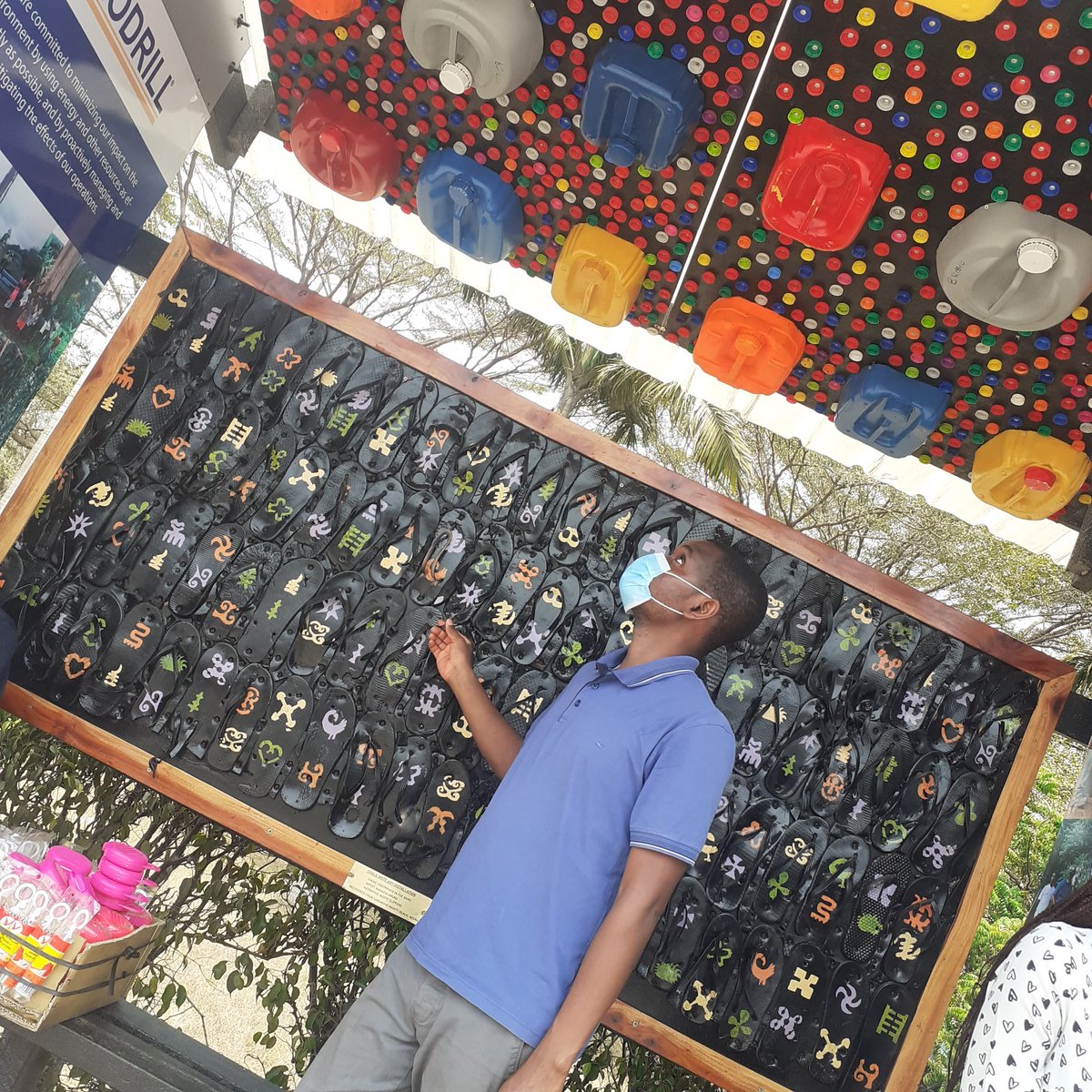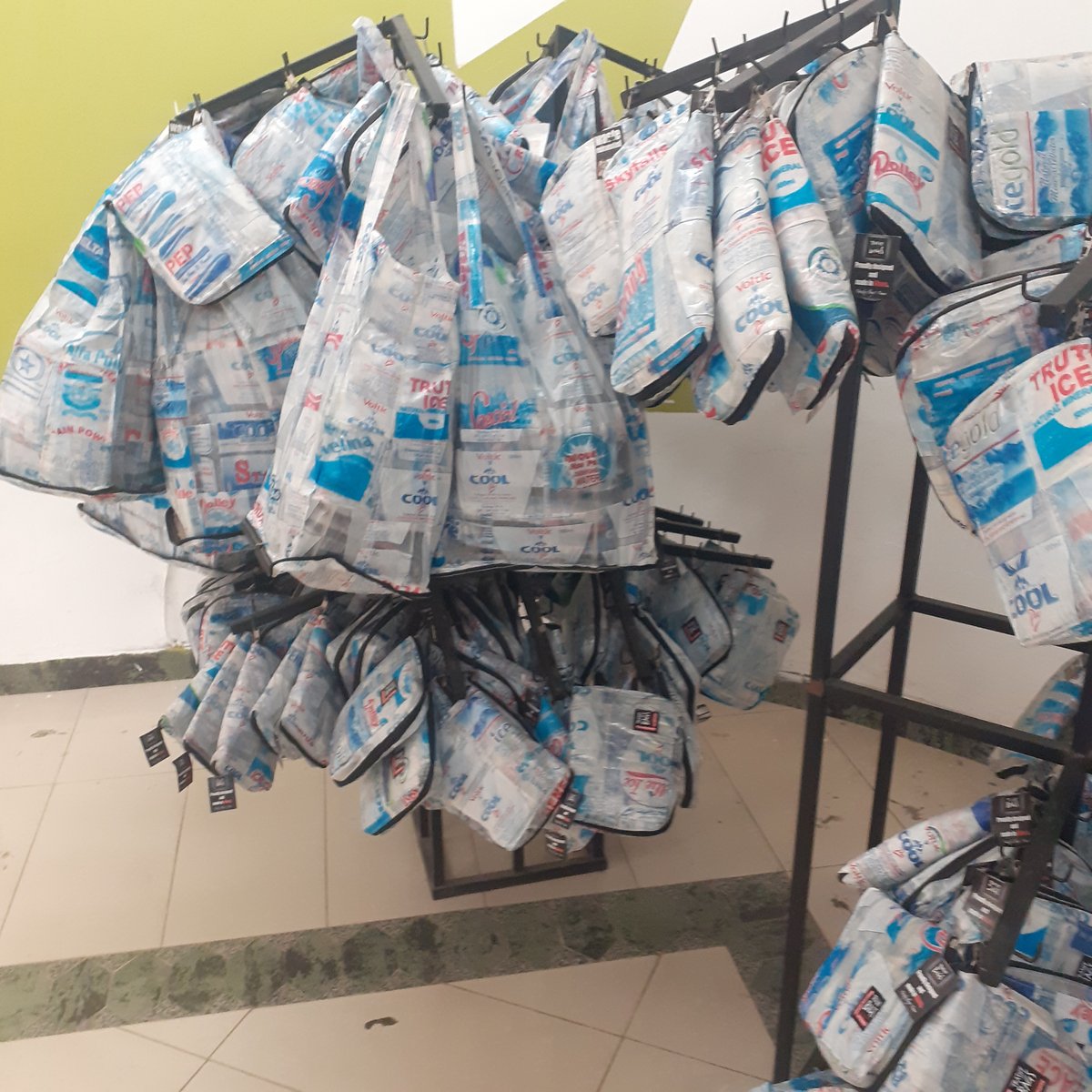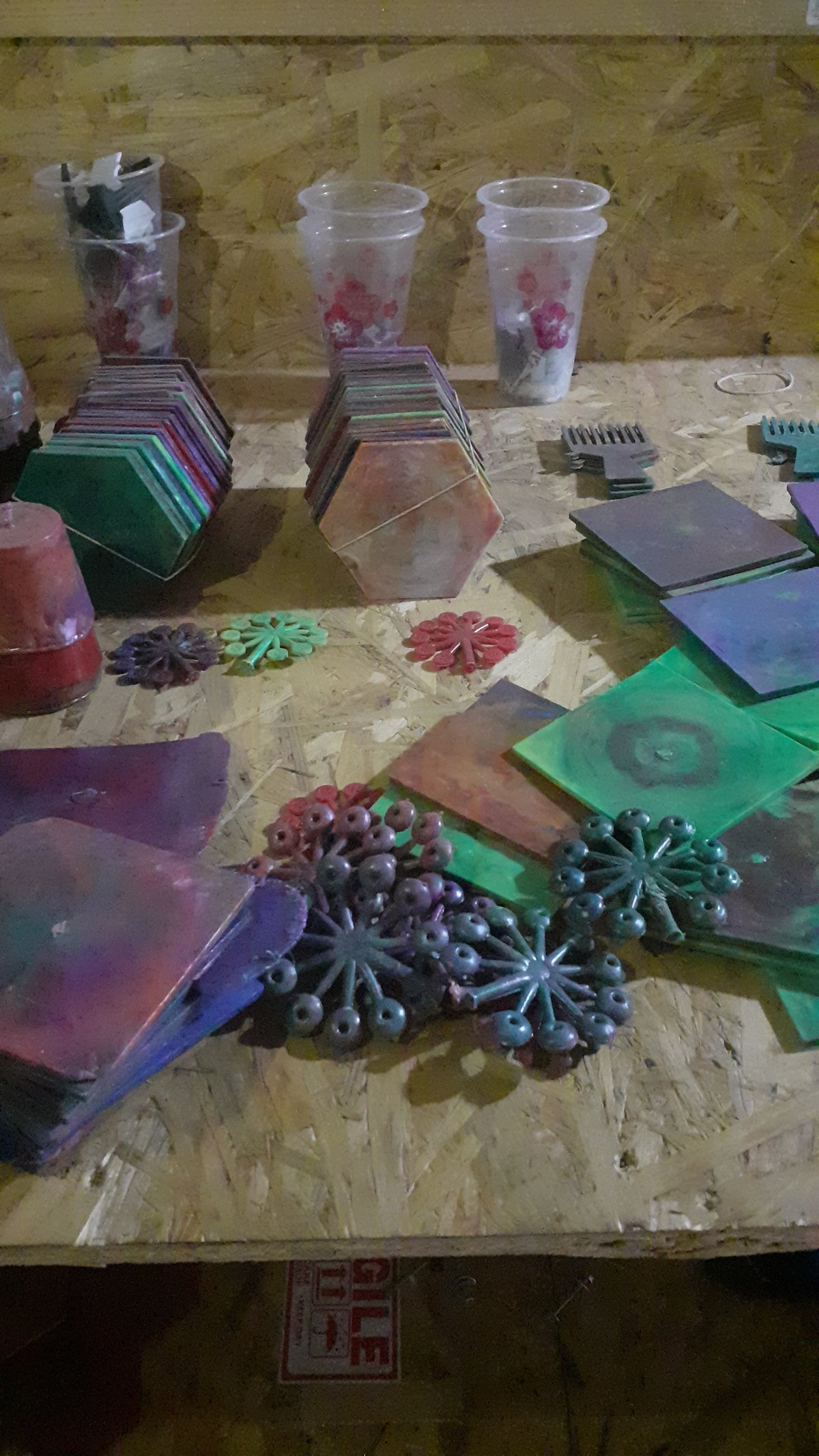Soon only in the cycle? The future of the European plastics industry
One of these young scientists is Mubarik Kassim Rabiu. As part of the Circular Plastics Network (C-PlaNeT), the sociologist from Ghana is conducting research at the Brandenburg University of Technology Cottbus-Senftenberg (BTU) and the Technical University of Denmark. He wants to understand how consumers* apply circular principles in their daily practices and develop routines from them: "I want to know how people-driven innovations can help limit the critical impact of plastics and what obstacles may stand in their way."
For his supervisor, Prof. Dr. Melanie Jaeger-Erben from the BTU's Department of Sociology of Technology and the Environment, Mubarik Kassim Rabiu's doctorate touches on a central but still neglected topic in sustainability research: "This work is also about sufficiency in plastic use, that is, how to succeed in satisfying everyday consumption needs with as little plastic as possible."
C-PlaNeT is a consortium of top-class European universities. Each of the 15 young scientists covers a part of the plastic cycle. In the end, all the research results should add up to one big whole. The aim of the project is to decisively advance the circular economy for plastics in Europe.
The project will run until mid-2024 and is funded by the European Union under the "Marie Skłodowska Curie Actions - Innovative Training Networks" since 2020. Ghent University, the TU of Denmark, the TU Eindhoven, the University of Leoben, the Catholic University of Leuven, the Friedrich Alexander University Erlangen-Nuremberg and the Aristotle University Thessaloniki are cooperating. They are researching, for example, the chemical composition or product design of plastics and biodegradable alternatives.
All doctoral students in this project are working on their doctorates within the framework of joint doctorates, i.e. they are awarded their doctorates by two universities.
Specialist contact
Technik- und Umweltsoziologie
T +49 (0) 355 69-2985
melanie.jaeger-erben(at)b-tu.de



